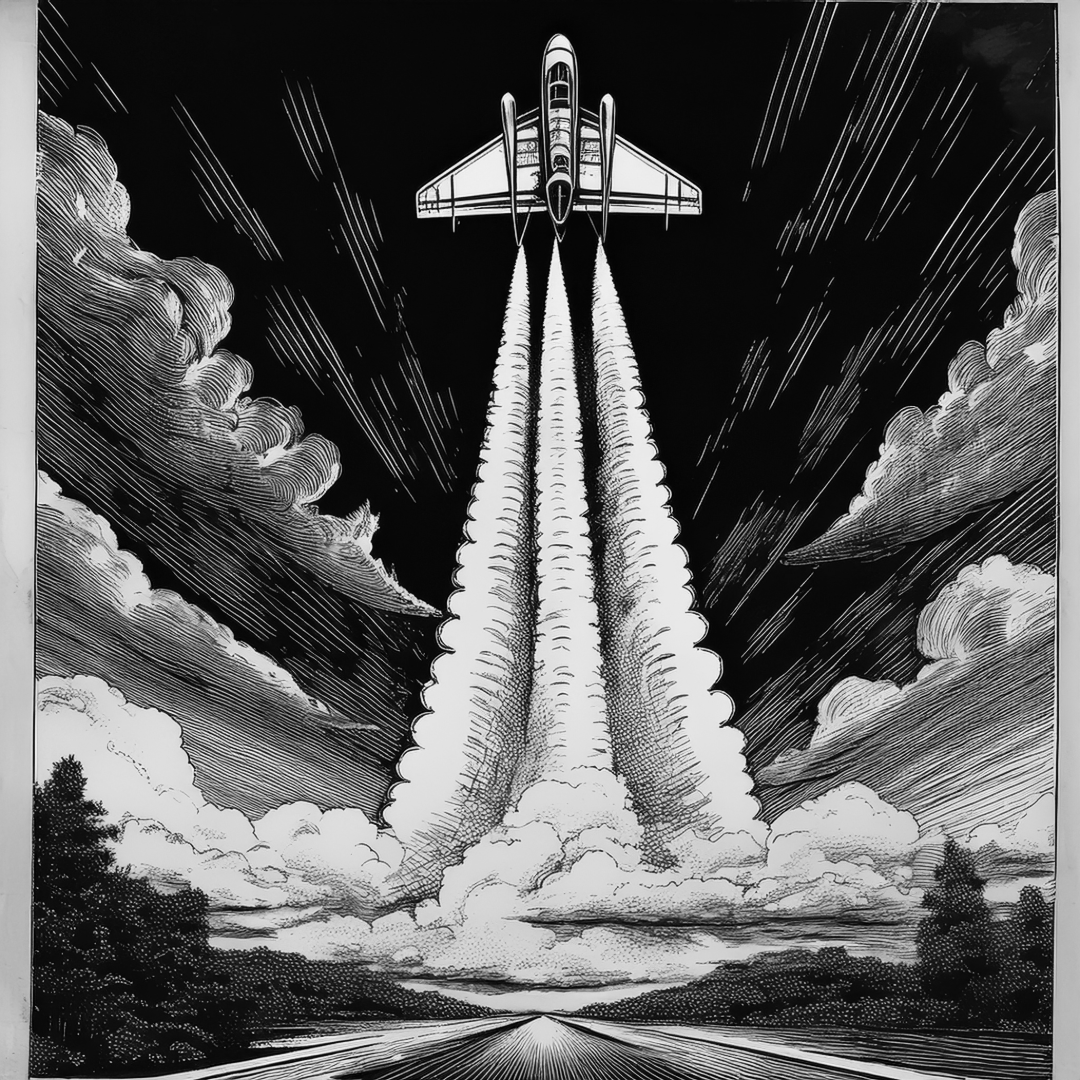MONTGOMERY, Ala. — In a move that has sparked widespread debate, Rep. Mack Butler, R-Rainbow City, introduced a bill in the Alabama Legislature aimed at prohibiting the dispersion of chemicals or substances into the atmosphere to alter weather or sunlight, drawing concern and fueling “chemtrail” conspiracy theories. The proposal was discussed by a legislative committee last week but did not advance.
Butler defended the bill as necessary to protect Alabama from what he described as federal overreach and experiments tied to climate change. “We don’t want values crammed down our throats that aren’t Alabama values,” Butler said during deliberations. The legislation would effectively ban practices such as cloud seeding—a scientifically validated technique used to enhance precipitation—and other weather modification activities.
The bill has drawn sharp criticism from scientists and skeptics who argue it reflects a troubling disregard for established science. Weather modification, including cloud seeding, has been studied extensively since the mid-20th century and is widely recognized as a legitimate tool for agricultural and environmental purposes. According to NOAA, there is no evidence of government-funded programs manipulating weather on a scale alleged by conspiracy theorists.
Experts have pointed out that Butler’s concerns appear to be rooted in misconceptions about so-called “chemtrails,” a debunked conspiracy theory claiming that condensation trails left by aircraft contain harmful chemicals used for secretive geoengineering purposes. The theory has been repeatedly discredited by scientific organizations worldwide.
Cloud seeding is not some shadowy operation; it’s a well-understood process used in agriculture and water management. Legislation like this undermines public understanding of science and promotes paranoia over established facts.
Weather modification techniques, such as cloud seeding, involve introducing particles like silver iodide into clouds to encourage precipitation under specific atmospheric conditions. While results can vary, studies suggest modest increases in rainfall are possible. However, experts agree these techniques cannot end droughts or control weather on a large scale.
Critics have framed Butler’s bill as emblematic of growing anti-intellectualism in state politics—a trend that prioritizes conspiracy-driven narratives over evidence-based policymaking.
As the bill awaits further action, its implications have resonated far beyond Alabama’s borders, highlighting ongoing tensions between scientific consensus and political rhetoric in addressing environmental challenges.

